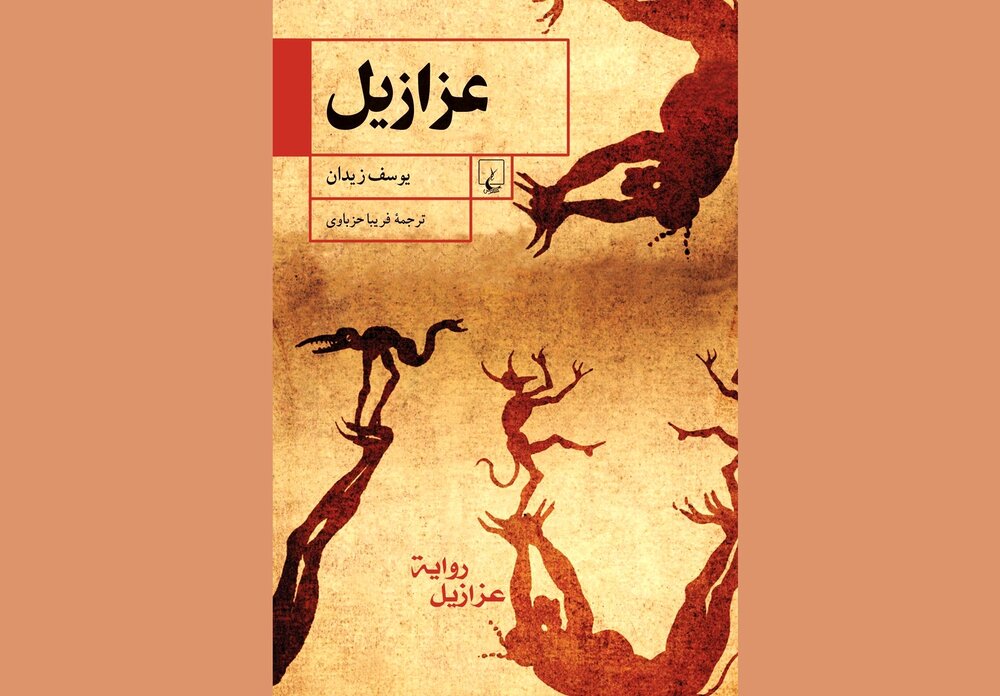“Azazeel” comes to Iranian bookstores

TEHRAN – Egyptian scholar and columnist Youssef Ziedan’s 2008 book “Azazeel” has been published in Persian.
Published by Qoqnus, the book has been rendered into Persian by Fariba Hazbavi.
Based in upper Egypt, Alexandria, and northern Syria in the fifth century BC, “Azazeel” presents a parallel fight between the new religion (Christianity) and its believers, on the one hand, and the old pagan religions and their followers, on the other.
Another parallel fight occurs inside the monk Hiba, whose life is a constant struggle between the earthly and the heavenly elements, the pagan and the Christian.
In religious mythology, Azazeel is a name for Satan, which represents man's tendency to do evil things. In art, however, especially in poetry, the Arabic word for Satan is Shaytan. When combined with the word ‘poetry’, it symbolizes the inspiration sources.
So Ziedan’s Satan is all but negative, and has nothing to do with any rigid dogmas; it’s a symbol of man’s inclination to freedom, to dream and create.
Ziedan’s “Azazeel” is far more complex than that of the religious mythologies: he tempts Hiba into doing evil things, only to prove through the monk’s inner discourse that this evil is nothing but a human’s purest repressed wishes.
The author has set tricky tasks for his two protagonists, Azazeel and Hiba alike: Azazeel’s tough challenge was to free a monk of his religious limits, and Hiba’s challenge was to handle a conflict between his human and divine halves.
Ziedan’s career as a researcher of religious scripts played an important part in reconstructing the world in which his novel is set. His characters move smoothly, both in their dramatic world and in the reality of fifth-century Egypt and north Syria.
The book received International Prize for Arabic Fiction (IPAF) in 2009.
ABU/MG
Leave a Comment